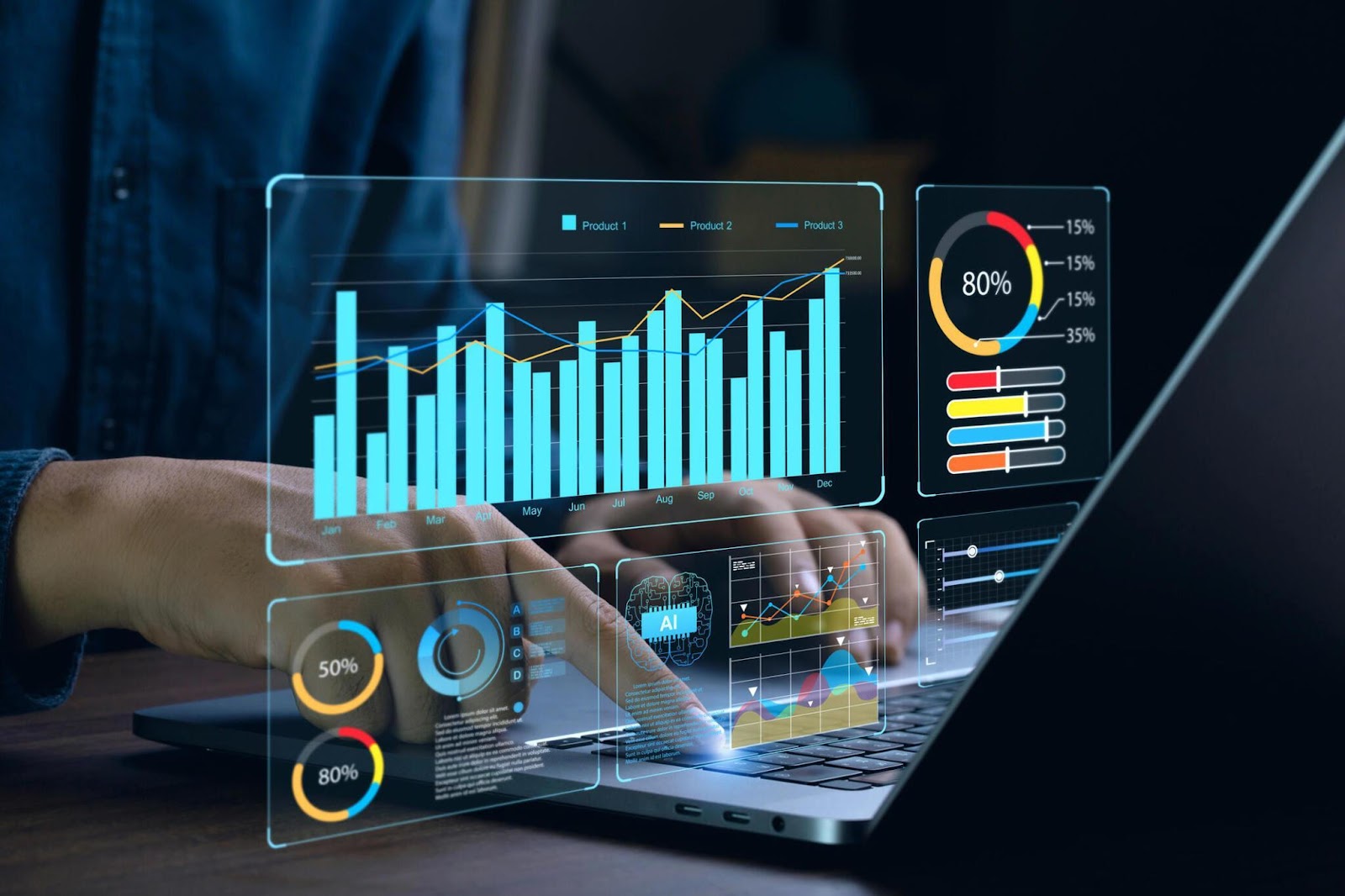Businesses that thrive in dynamic environments often attribute their success to rapid adaptation facilitated by modern Enterprise Resource Planning systems.
These systems enable innovation, confident decision-making, and agile adaptation to change, ensuring companies remain at the forefront by incorporating the latest trends.
Bista Solutions stands out as the earliest, most awarded, and premier service provider throughout North America.
With a highly-rated team boasting over 250 resources, Bista has successfully implemented ERP solutions for over 350 businesses locally and globally.
Let us discuss the latest trend of Enterprise Resource Planning briefly in this article.
Trend #1: The future of Cloud is now heating up
Cloud ERP adoption is surging due to the imperative for digital transformation amidst industry upheavals.
The need for flexible work arrangements and process standardization further propels this growth, with the ERP software market reaching $44.4 billion in 2021.
Trend #2: Mobile ERP evolves now into multi-device experiences
Mobile ERP is advancing into smart, multi-device experiences, enabling seamless task management across various devices.
For instance, an executive from finance can receive budget approval alerts on his Apple Watch while traveling, ensuring efficient task completion.
Trend #3: Integration with AI and IoT
“AI-powered ERP” is often just a marketing jargon. Instead, AI and machine learning slightly enhance insights, user experiences, and automation within ERP systems.
Additionally, ERP integrated with IoT offers numerous business benefits, ensuring data integrity and confidence in decision-making.
Trend #4: More powerful ERP analytics
ERP systems now offer advanced AI-powered analytics, data visualization, and conversational analytics, enabling users to ask complex questions and receive actionable insights.
These technologies guide users, flag anomalies, and even autonomously act on their behalf, enhancing decision-making capabilities.
Trend #5: Hyper-automation
The pandemic accelerated the adoption of hyper-automation, where AI, machine learning, and RPA automate processes extensively.
This irreversible trend yields significant cost savings and efficiency gains, empowering companies to navigate talent scarcity and focus on value-added activities.
Trend #6: Personalization
ERP solutions are evolving towards greater personalization, tailoring the software to individual user preferences and work styles.
Through adaptive features and low-code/no-code options, users can customize their experience, improving efficiency and effectiveness without relying on programmers or developers.
Trend #7: Composable ERP
With composable ERP, businesses can adapt to changing conditions by assembling and reassembling software components as needed.
This agility allows for rapid responses to shifting demands, enabling organizations to thrive in dynamic environments with unprecedented flexibility and efficiency.
Trend #8: The number of industry clouds is increasing.
Industry clouds integrate IaaS, PaaS, and SaaS, including cloud ERP, tailored to specific verticals.
They offer full composability, addressing industry-specific requirements and customer journeys to provide the necessary capabilities for success in a rapidly evolving market landscape.
Trend #9: ERP drives more sustainable operations
Governments and customers are demanding more sustainable operations from businesses. ERP, along with ESG software, plays a crucial role in operationalizing sustainability initiatives by providing real-time insights and recommendations for reducing carbon footprint and other environmental impact.
#10: Two-tier ERP
Two-tier ERP, using different systems for corporate and subsidiary needs, is gaining popularity. It is cost-effective and offers flexibility, but requires seamless data exchange for efficient operations and parent company oversight. Many opt for the same vendor for both tiers.
Bista can offer 24/7 support so that all issues can be resolved with your system, through their Odoo Apps quickly.







